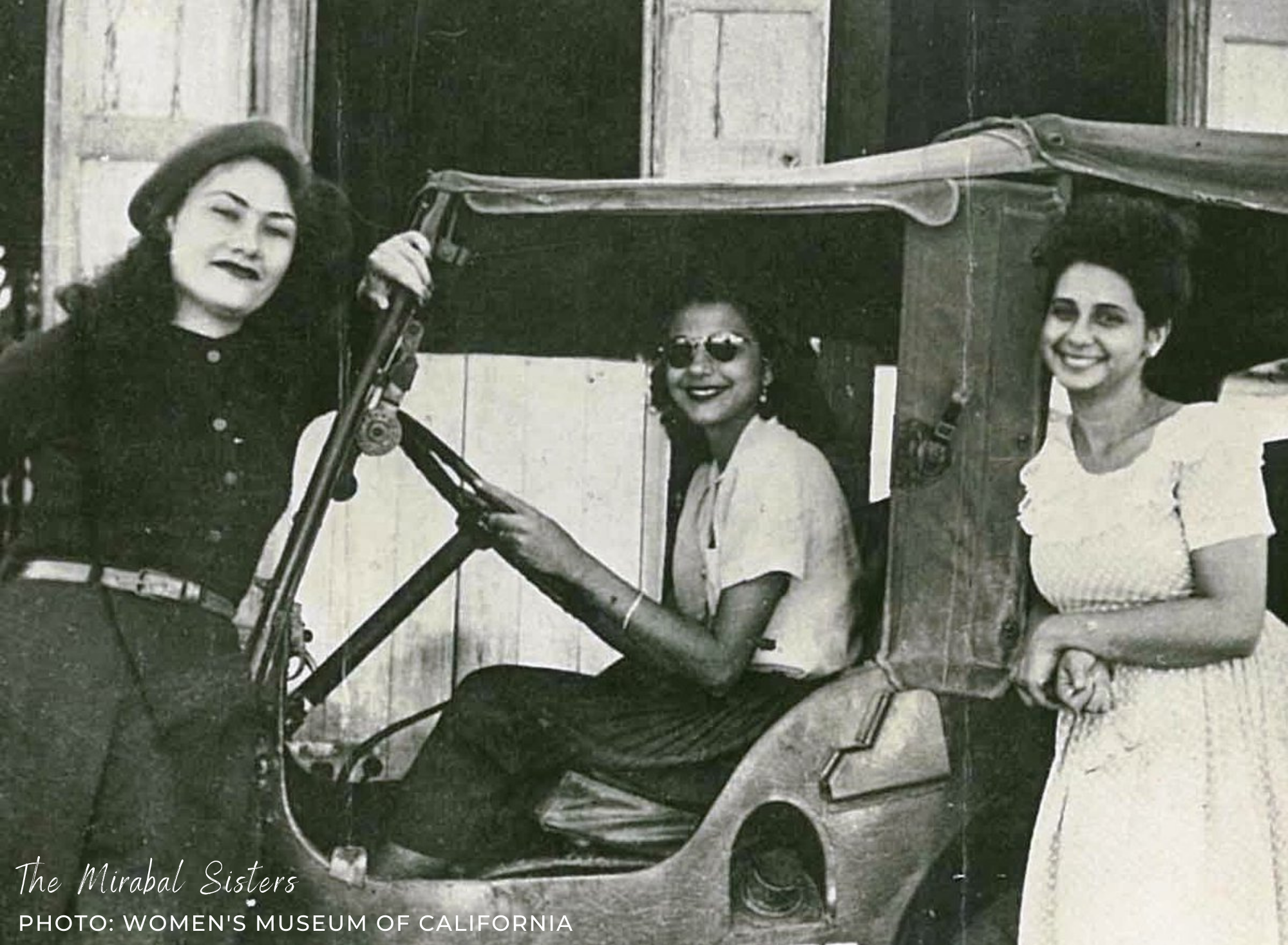 On Wednesday St. Clement’s hosted Susan Pinker, author of The Village Effect: How Face-to-Face Contact Can Make Us Healthier and Happier as part of our LINCWell Speaker Series. Pinker’s book is excellent, and I was reminded of her message as I sat amongst our staff and students on Friday in our Spirit Week culminating assembly.
On Wednesday St. Clement’s hosted Susan Pinker, author of The Village Effect: How Face-to-Face Contact Can Make Us Healthier and Happier as part of our LINCWell Speaker Series. Pinker’s book is excellent, and I was reminded of her message as I sat amongst our staff and students on Friday in our Spirit Week culminating assembly.
Pinker writes: “By and large we’re lonelier and unhappier than we were in the decades before the Internet age. Psychologists don’t know why that is exactly, though we do know that close relationships are the strongest drivers of happiness, and that being alone and unaffiliated makes us the most unhappy.”
Our School works very purposefully to make decisions that ensure an academic program that reflects excellence and challenges our girls in their learning. One of those decisions is how we manage connectivity. We believe in the importance of technology and its great ability to enhance and leverage learning, however, we believe that technological integration does not have to mean a one-to-one laptop program. Access is flexible and diverse for our girls, with BYOD, iPads, school laptops and desktops all supporting dual platforms. Our technology stance is in place for several reasons, and one is that we greatly value the opportunities for our girls and staff to live, work and play in a face-to-face environment. It makes a difference to who we are as a community, and community is something we value tremendously.
 This brings me to Friday morning. This past week has been Spirit Week at St. Clement’s, which culminates with our entire School- staff and students- dressing in assigned colours and themes, taking part in skits and lip synchs together at assembly. There is a tangible sense of happiness on any day that our school gathers for assembly; however, on this particular morning with our community-staff and students alike- dancing together as we left assembly, it reminded me of Pinker’s words: “a commitment to human contact for its own sake is keeping women and their minds alive- they get a neurological boost from the interaction. In a digital age and at a time when people are living longer, more mobile and in many cases more solitary lives, taking the time to build, sustain and rebuild this village is crucial.”
This brings me to Friday morning. This past week has been Spirit Week at St. Clement’s, which culminates with our entire School- staff and students- dressing in assigned colours and themes, taking part in skits and lip synchs together at assembly. There is a tangible sense of happiness on any day that our school gathers for assembly; however, on this particular morning with our community-staff and students alike- dancing together as we left assembly, it reminded me of Pinker’s words: “a commitment to human contact for its own sake is keeping women and their minds alive- they get a neurological boost from the interaction. In a digital age and at a time when people are living longer, more mobile and in many cases more solitary lives, taking the time to build, sustain and rebuild this village is crucial.”

